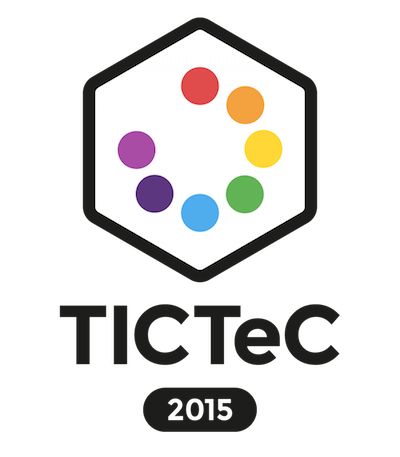In late March I was lucky enough to be in London attending The Impacts of Civic Technology Conference 2015. mySociety organised this first international conference on research and civic tech and they kindly shipped me over to take part.
I had a great time. I’ve returned with heaps of questions and ideas that need more thinking and discussion. This is a quick post on a few of the things I found interesting at the conference and links where you can get more resources.
I thought the conference was a great success. It brought together all kind of civic tech makers: developers, designers, design researches, academics, larger project coordinators, public servants, funders and more. The mix produced some really interesting sessions and discussion. I’ve come away with a broader understanding of how civic tech projects can impact individuals, communities and governments.
Here’s some of the ideas that stood out to me from the presentations and discussions:
- Measuring the impact of civic tech is difficult. Citizens are distributed and can be hard to engage, particularly those who aren’t using civic tech projects currently. Many civic tech projects have very broad goals of increasing civic engagement or action, but these concepts are hard to define. In contrast to these broad goals, much useful research focuses on quite narrow questions and contexts.
- Attendees wanted to see more academic research produced on the impact of civic tech in more contexts and also for more design/applied research to become part of civic tech development practice. Developers and researchers need to recognise their different needs to make sure that the research produced really helps improve projects. There were stories of frustrating miscommunication between outside researchers and developers but also examples of successful partnerships designed to produce mutually beneficial results.
- Some developers producing civic tech are already using interviews and usability testing techniques to improve their projects. Direct exposure to citizens using their work is a more effective way to make research useful to developers than research reports or personas. How can research, results and responses be part of our open source culture? In addition to sharing the results of research, teams should share the stories of how findings impacted their design decisions and changed their projects.
- Offline projects seem to have a clearer, more immediate impact than online projects. How can the best parts of offline work be made to scale online?
- Parliament and traditional democratic institutions are not part of many peoples’ world. Civic action can be introduced through the things people are already interested in, such as music, rather than asking them to develop a new interest or habit.
- Measuring impact is not only useful for design, strategy and securing funding. It’s important for citizens who use civic tech. Citizens lose interest and motivation if they don’t see their actions or the project having an impact.
- Citizens’ definitions of civic life are often locally focused and more inclusive than the traditional ‘ladder’ from petition to protest they are presented with by campaigners. The civic actions that citizens see as least effective (signing online petitions about federal issues) are the most common ways they are asked to act.
- Trust in democratic institutions has dropped around the world over the last 50 years. Could mistrust be used to fuel engagement with civic tech?
The the videos and slide will be available online soon—keep an eye on mySociety’s page for the event. You can already get some of the slides and find out more about the presenters at the TICTeC Lanyard page and see the ongoing discussion on twitter at #TICTeC. We’ll be sure to feature the presentations in April’s Civic Tech Monthly newsletter.
A huge thanks to Rebecca Rumbul, Gemma Humphrys and mySociety for a fantastic event and for making it possible for me to attend.
